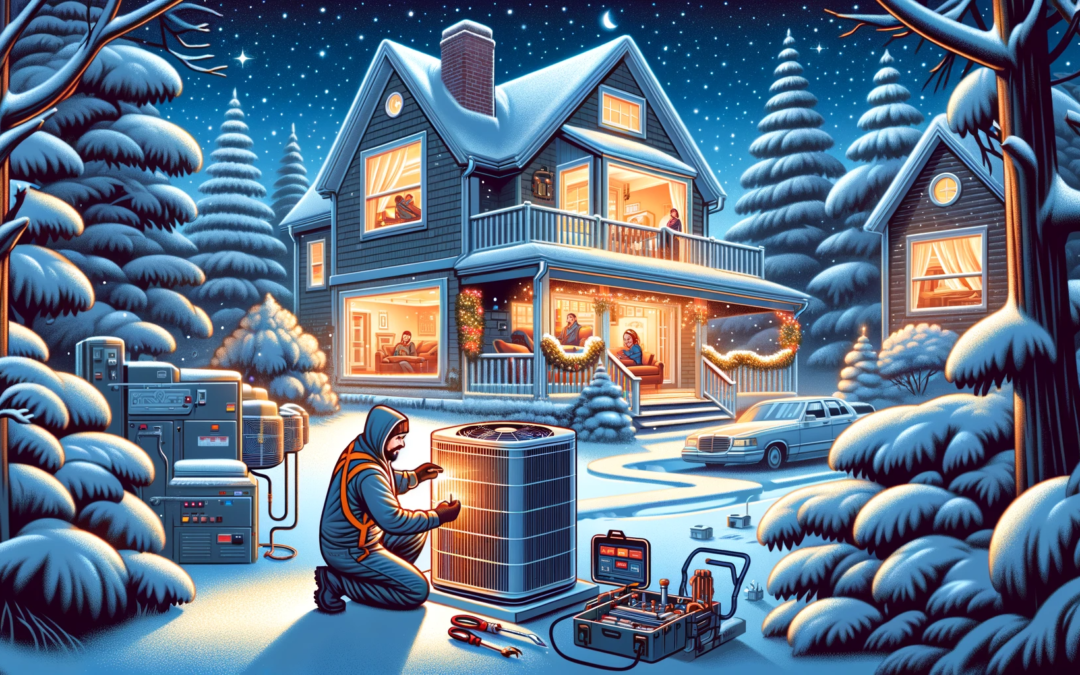Regularly Replacing or Cleaning Air Filters
One of the simplest yet most effective ways to maintain your HVAC system during the winter is to regularly replace or clean its air filters. Clogged or dirty filters restrict airflow, reducing efficiency and putting extra strain on your furnace. For most systems, it’s advisable to change filters every 30-90 days. However, if you have pets or live in an area with high pollen counts, more frequent changes may be necessary. Clean filters ensure optimal airflow, improve indoor air quality, and can significantly extend the life of your HVAC system.
Checking and Sealing Ductwork for Leaks
Your home’s ductwork is the highway your heated air travels through. Unfortunately, leaks or poorly connected ducts can result in significant heat loss, forcing your system to work harder and increasing your energy bills. Inspect your ductwork for any signs of leaks, such as visible gaps or feel for drafts around the duct connections. Using mastic sealant or metal tape, seal any leaks you find. Insulation of ducts in unheated spaces like attics or crawl spaces is also beneficial. This simple step can improve system efficiency by as much as 20%.
Ensuring Proper Thermostat Operation
The thermostat is your HVAC system’s command center. Ensure it’s functioning correctly by checking its settings and ensuring it responds appropriately when you adjust the temperature. If you have an older thermostat, consider upgrading to a programmable or smart thermostat. These advanced thermostats can be programmed to lower the temperature when you’re asleep or away, saving you money without sacrificing comfort. They also provide the convenience of remotely controlling your home’s temperature, which can be particularly useful during sudden temperature drops common in Pennsylvania winters.
Tips for Maintaining Heat Pumps, Furnaces, and Boilers
Each heating system type has its specific maintenance needs. For heat pumps, it’s crucial to regularly check and clean both the indoor and outdoor units. Remove any debris like leaves or snow from around the outdoor unit. For furnaces, listen for unusual noises and monitor the flame color – a blue flame is ideal, while a yellow or flickering flame could indicate a problem. For boilers, check the pressure gauge and bleed radiators to remove trapped air, ensuring efficient heat distribution.
Conclusion
Winter in Pennsylvania can be harsh, but with these essential maintenance tips, your HVAC system will be well-equipped to handle the cold. Regularly changing air filters, sealing ductwork, ensuring proper thermostat operation, and specific maintenance for your type of heating system are all key to maintaining a comfortable and energy-efficient home during the winter months. Remember, while DIY maintenance can go a long way, an annual professional check-up is recommended to keep your system running at its best.

